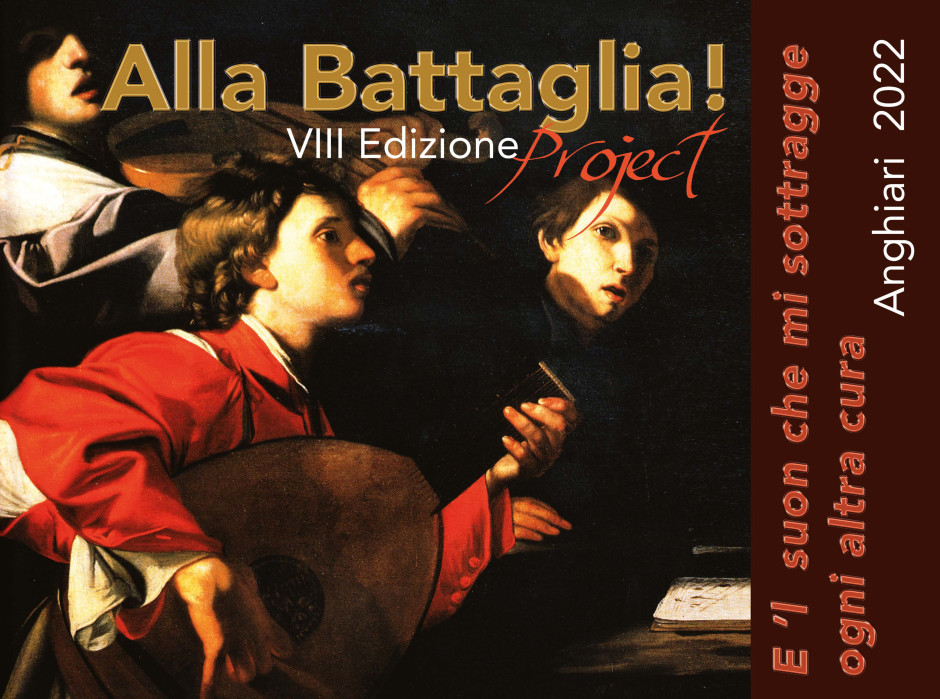Music has always been considered a remedy for the harshness of existence and a healer of certain psychic pathologies – as the theories of the Greek physician Asclepiades of Bithynia testify (129-40 BC). Its beneficial effect has shone on humans, as on nature, without regard for status, age or sex, almost as if its therapeautic power activated an ontological, pre-cultural dimension, almost as if it were a gift conceded to the beings expelled from the terrestrial Paradise. The mythical figures that have exercised this power or been subject to it are innumerable. Apollo, physician and inventor of music as well as father of Esculapius (god of medicine), shields humans from evil; Orpheus, playing his miraculous lyre tames wild beasts and calms the warlike; King Saul is distracted from his torments and melancholy by the sound of David’s harp. The latter represents the archetype of the saving power of music in the Christianized world – a power that the manuals of exorcists reveal to be so pervasive as to succeed in crushing the devil. The programme proposed here wishes to testify, through a collection of pieces from diverse periods and contexts, to the therapeutic function that music has exercised over the centuries.
Athanasio Kircher, Antidotum tarantulae, Tarquinio Merula, Canzonetta sopra la nanna, Andrea Falconieri, Follia, Giovanni Girolamo Kapsberger, Meditatione, Johann Jakob Froberger, Plainte faite à Londres pour passer la Melancholie, Giovanni Girolamo Kapsberger, Dolore Occulto, Giovanni Girolamo Kapsberger, Refrigerio, Giovanni Girolamo Kapsberger, Tranquillità d’animo, Andrea Falconieri, Soave melodia, Anonimo, Fuggi, fuggi, Anonimo, Paradiso Inferno, Melchior Schildt, Pavana Lachryma, Anonimo, Passacagli della vita, Anonimo, Tarantelle, Giovanni Girolamo Kapsberger, Amorino morto.


